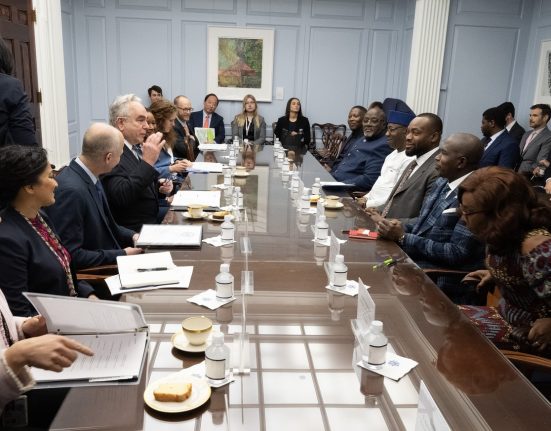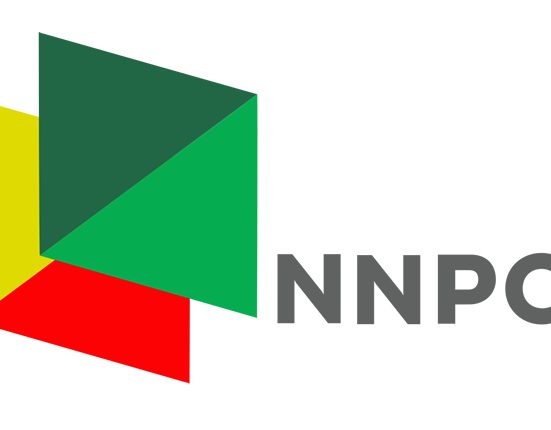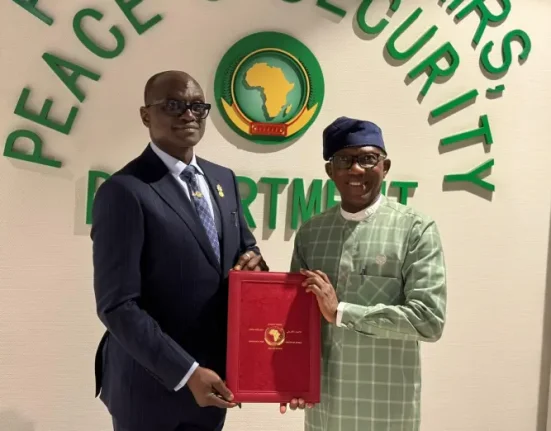A leading fertility consultant at BridgeClinic, Lagos, Dr. Ayo Olayinka, has raised concern over the growing rate of infertility among Nigerian couples, revealing that at least three out of every ten couples are currently battling one form of infertility or another. He made this known during the April edition of the BridgeClinic Forum held in Ikeja, Lagos, under the theme “Navigating Fertility Challenges as a Young Person.”
Describing the 30 per cent infertility rate as alarming, Dr. Olayinka noted that the figure could even be higher, considering that many cases of infertility in Nigeria remain undocumented due to cultural silence, social stigma, and lack of coordinated national data on reproductive health issues. He pointed out that in many instances, infertility is wrongly treated as a private burden, rather than a public health issue that requires attention from both communities and the government.
“Based on available data, it is safe to say that as many as three in ten couples are experiencing some form of infertility,” he said. “That represents a significant number. Unfortunately, in a country like Nigeria, such issues are rarely prioritised because of our large population. Some international bodies, including the WHO, have even urged us to reduce our birth rate. But that doesn’t mean we should ignore the pain of couples who struggle to conceive.”
Dr. Olayinka identified several lifestyle choices that contribute to the rising incidence of infertility among both men and women. He listed smoking, excessive alcohol consumption, obesity, being underweight, and malnutrition as some of the major risk factors. According to him, if more Nigerians take their reproductive health seriously and avoid these triggers, the numbers could significantly drop.
He also dispelled the notion that fertility treatments such as In Vitro Fertilisation (IVF) are only accessible to the rich. According to the fertility specialist, more middle-income earners are now seeking help to achieve conception, as the desire to become parents cuts across socioeconomic status. He emphasised that while IVF may still appear expensive to many, increased availability of fertility centres across Nigeria has led to reduced costs due to competition and growing demand.
“Those who come to us for advanced fertility treatments are not necessarily the wealthy elite,” Dr. Olayinka explained. “They are simply people driven by the hope of becoming parents. What unites them is not money, but a deep desire to have children. And where there is that desire, people are willing to make sacrifices. We have also seen that prices of IVF have dropped in the last decade because more clinics are offering the service, and with more supply comes reduced pricing, provided the demand stays steady.”
He further urged the government to work with health insurance companies and non-governmental organisations to subsidise fertility treatments and make them more accessible to average Nigerians. According to him, such collaborations could ease the financial burden on families and remove the perception that fertility care is a luxury.
Dr. Olayinka also made a passionate appeal to religious leaders to support science-based approaches to fertility treatment. He cautioned against promoting the idea that prayer alone can resolve medical challenges, urging clerics to instead encourage their followers to seek professional medical help while also praying for divine intervention.
“Yes, prayer is important. But God works through people, including doctors,” he said. “When you’re sick, you go to the hospital. Prayers can help, but they should not be a substitute for science. Religious leaders must educate their congregations on the importance of medical treatment and how it can work hand-in-hand with faith to achieve results.”
As more Nigerians confront the realities of fertility challenges, experts like Dr. Olayinka are calling for a shift in perception, increased access to care, and a community-based approach that treats infertility not as a shameful struggle, but as a medical condition that deserves understanding, support, and proper solutions.







